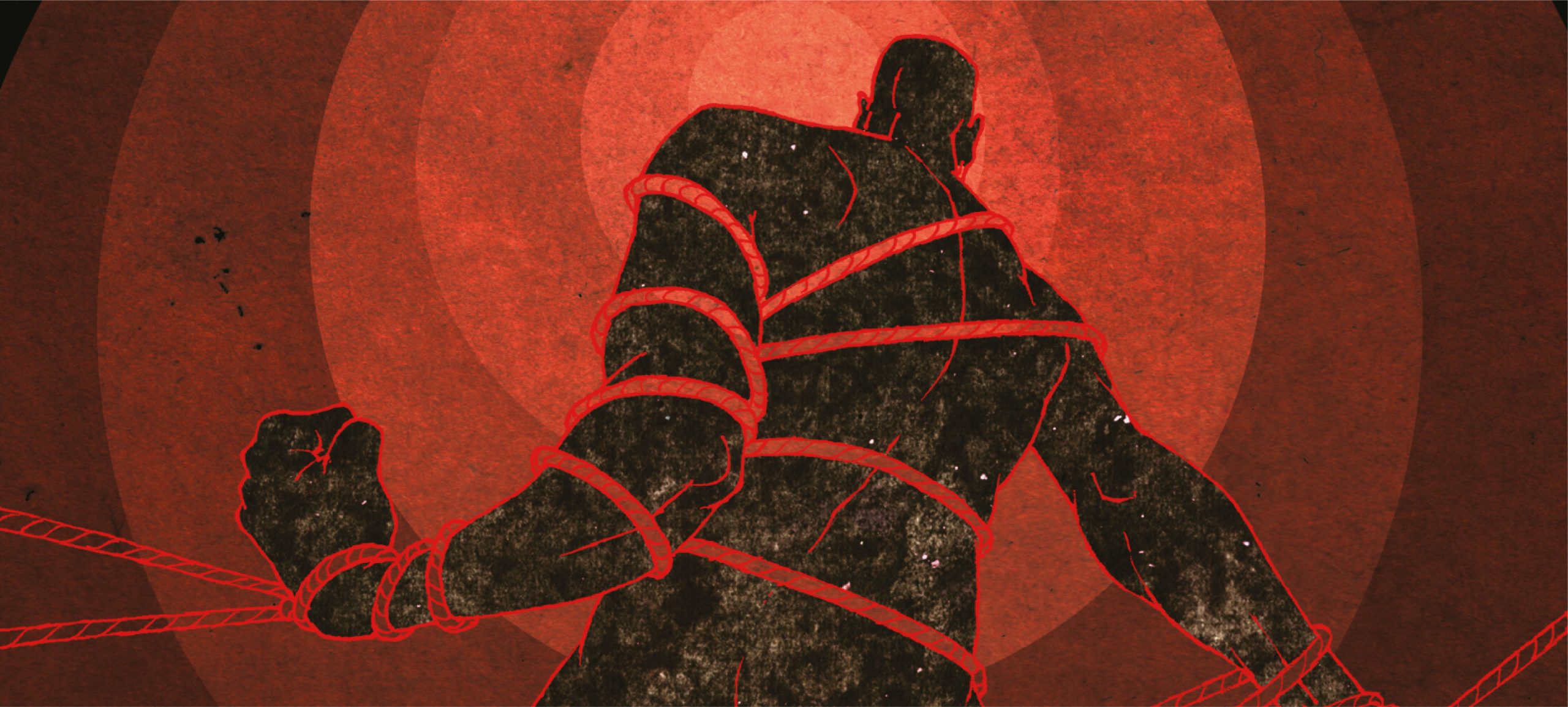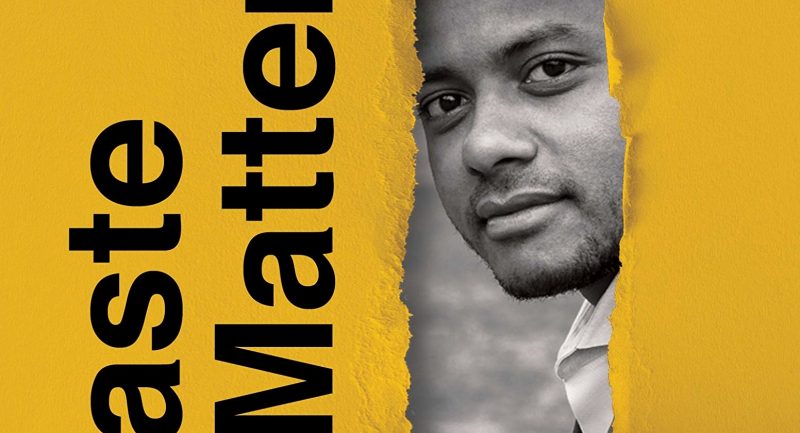
AGYEYA (1911–87) was the pen name of S.H. Vatsyayan, one of the foremost figures of Hindi literature who was instrumental in pioneering modern trends in the realm of poetry, fiction, criticism and journalism. He was jailed as a revolutionary by the British authorities in the early 1930s – an experience that indelibly shaped his literary output.
Written between 1933 and 1938, Prison Days and Other Poems astutely captures the mood before Indian independence, when freedom was still merely a dream. The verses in Prison Days vividly conjure the horror and tedium of imprisonment. But Agyeya’s vision never descends into bleakness. Even quarantined, he is constantly aware of the pulse of life radiating outside the prison walls.
Here is an excerpt from the foreword of Prison Days and Other Poems, by Jawaharlal Nehru.
——————————————————————————————————————-
For many months I have had the manuscript of these poems with me, a constant reminder to me of my promise to write a few lines as a foreword. And yet I have found it strangely difficult to write this foreword, although I have done a great deal of writing on all manner of subjects during this period. I am no judge or critic of poetry and so I hesitated, but I love poetry and some of these little poems have appealed to me greatly. They have stuck in my mind and brought back to me memories of prison days and that strange and haunted world where men, whom society had branded as criminals and cast out of its pale, loved their narrow circumscribed lives. There were men there who had been involved in a killing, men known as dacoits and thieves, but all of us were bound together in that sorrow-laden world of prison, between us there existed a kinship of spirit. In the lonely chambers which were our cells, we walked up and down, five measured paces this way, and five measured paces back, and communed with sorrow. We found friendship and companionship and refuge in thought and on the magic carpet of fantasy we fled away from our surroundings. We lived double lives—the life of the prison, ordered and circumscribed, bolted and barred, and the free life of the spirit, with its dreams and visions, hopes and desires.
Something of that dreaming comes out in these poems, something of that yearning when the arms stretched out in search of what was not and clutched at empty space. Something also of the peace and contentment that we managed to extract even in our loneliness in that house of sorrow. There was always a tomorrow to hope for, a tomorrow which might bring deliverance.
And so I commend these poems and perhaps they might move others, as they have moved me.










